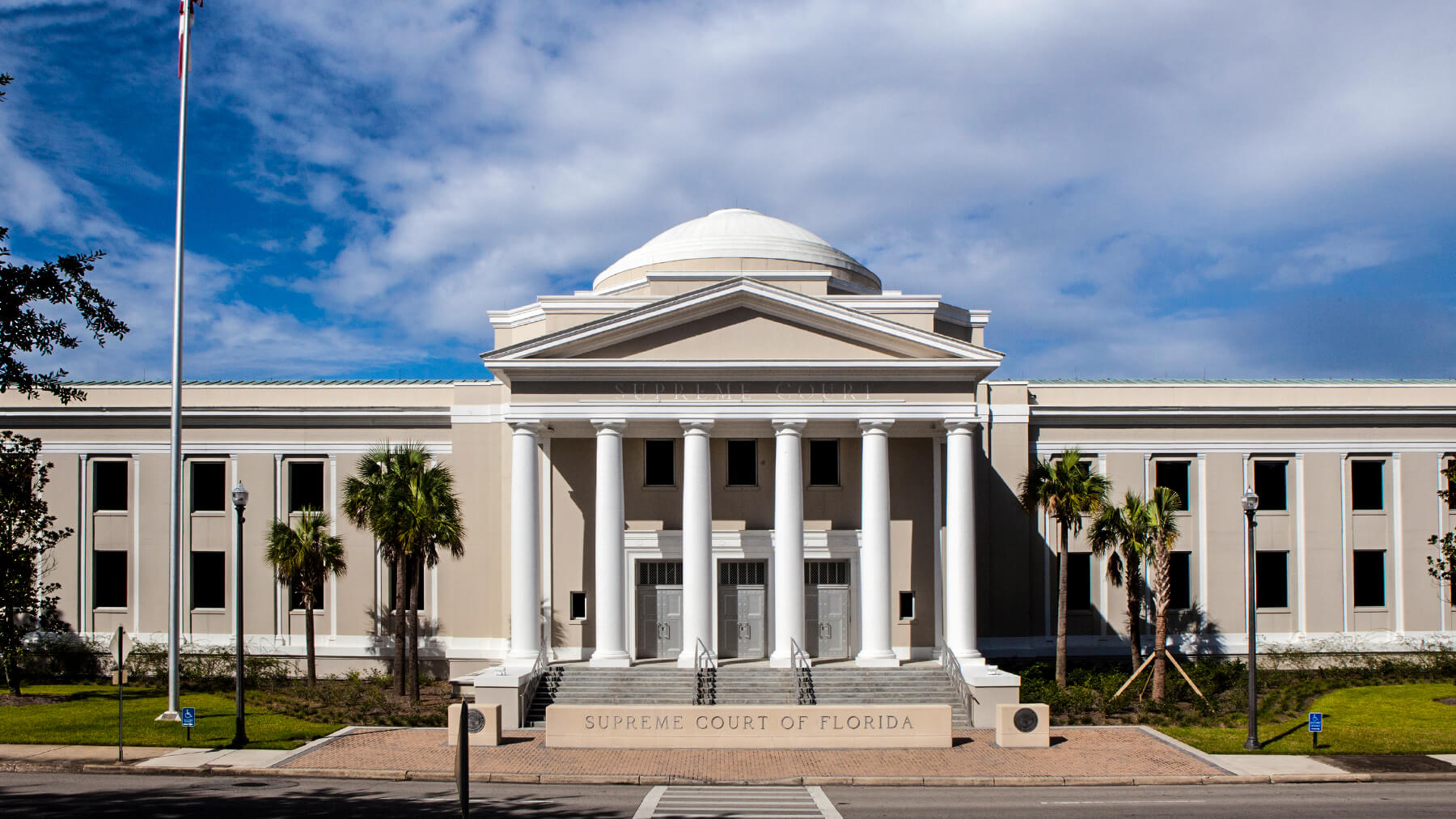The Florida Supreme Court today affirmed a lower court’s ruling to strike a proposed state constitutional amendment that would have eliminated local school boards’ exclusive duty to regulate some new public schools – including charter schools – from the ballot.
The high court’s ruling follows a lawsuit the SPLC filed in July on behalf of the League of Women Voters of Florida. The suit argued that the amendment — known as Revision 8 — could not be legally placed on the November 2018 general election ballot because it fails to inform voters of its chief purpose, and because it deliberately conceals its true effect on public schools.
Leon County Circuit Court Judge John C. Cooper last month agreed with the suit’s argument that Revision 8’s language does not accurately inform Florida voters of its true intent, and he ordered that it be removed from the ballot.
Today, the Florida Supreme Court upheld Cooper’s order, issuing a final judgment that strikes Revision 8 from the ballot.
“The Florida Supreme Court’s decision to prevent the Secretary of State from placing Revision 8 on the November 2018 ballot is a victory for schoolchildren across the state,” said Zoe Savitsky, deputy legal director for the SPLC.
On March 21, 2018, the Florida Constitution Revision Commission (CRC) voted to combine the charter school expansion measure described above with two separate and unrelated constitutional revisions, leaving Florida voters no choice but to approve or reject all three.
The other two measures in Revision 8 would have limited school board members’ terms and would have required “the promotion of civic literacy” for students. These two proposals were expected to win wide support among voters. The CRC combined them with the more controversial provision stripping local school districts of their authority to authorize and regulate new charter schools in their districts and allowing the Legislature to hand that authority to another body such as a state agency or private entity.
“As the state’s highest court affirmed today, the language drafted by the Constitution Revision Commission was misleading, concealing the true meaning and intent of the Revision from voters and hiding the crucial effects the measure would have on locally elected public school boards,” Savitsky said. “This decision upholds prior law guaranteeing that if voters are asked to make significant changes to the state’s constitution, they are given fair notice of those changes so that they can make informed decisions at the ballot box. Today is a win for everyone in Florida who cares about protecting public education.”



